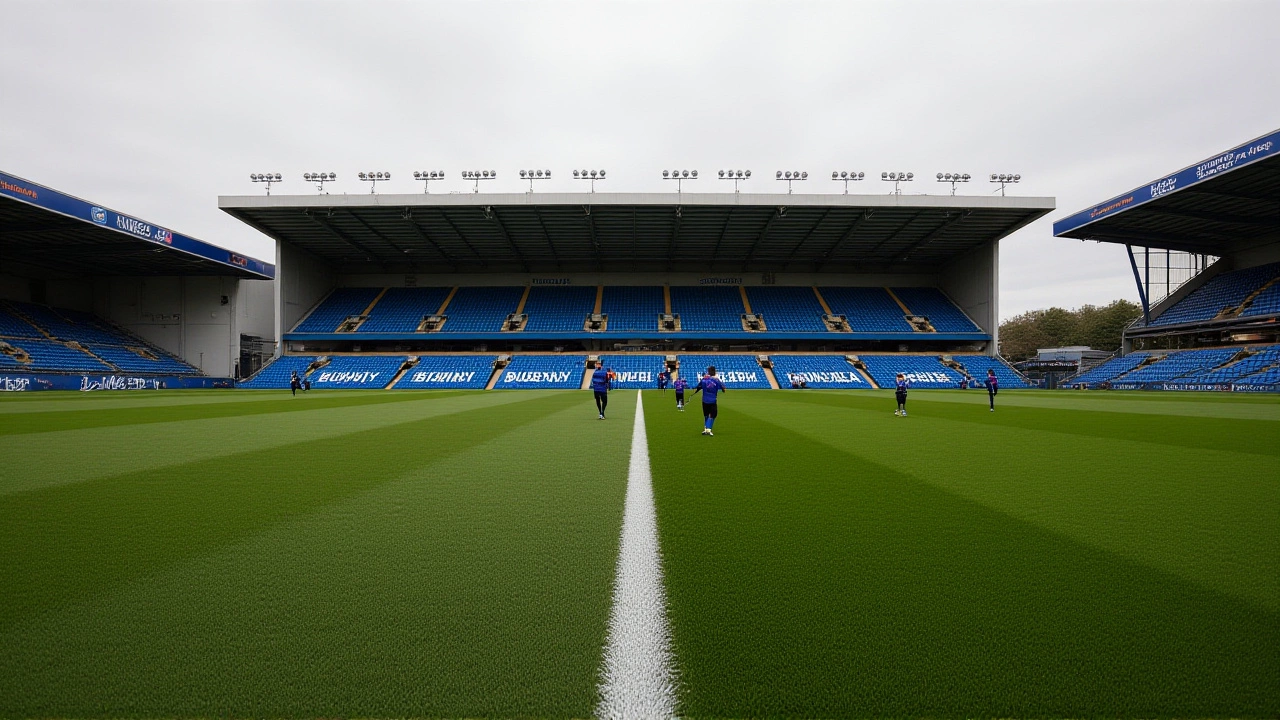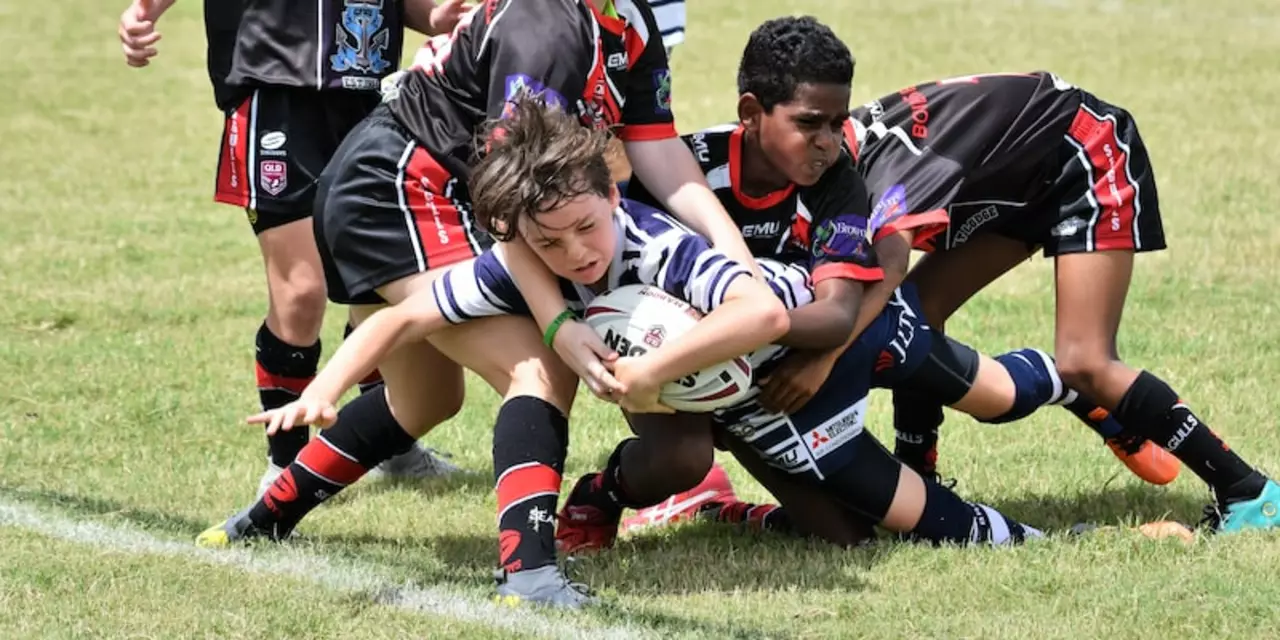Sports News and Rugby Updates in Wales
Hey there, rugby fan! If you’ve landed on the Sports page, you’re in the right spot for everything that matters in Welsh rugby. From breaking news to match day buzz, this is where we keep the conversation rolling.
Every week brings a fresh batch of stories – a new signing, a surprise try, a controversial referee call. We break each story down so you get the facts fast, without the jargon that makes you scroll back to the top. Got a question about a game? Want to know why a certain team is on a winning streak? Just keep reading, and you’ll find answers plus the context you need to join the chat with friends.
What you’ll find in the Sports section
First off, we serve up daily headlines that cover the whole rugby ecosystem in Wales. That means the national team, regional clubs, youth leagues and even the occasional charity match. Each article is written in plain language, so you don’t need a coaching degree to get what’s happening on the pitch.
Second, we post match previews and post‑match breakdowns. Before a game, we highlight the key battles – the scrum, the line‑out, the back‑line moves – and give you a quick view of the odds. After the final whistle, we recap the scoring, spotlight the standout players and point out any tactical shifts the coaches made.
Third, we dive into player profiles. Want to know why a certain winger is a game‑changer? Or how a rookie prop earned his spot on the bench? Our profiles mix stats, personal stories and a bit of local folklore, keeping the human side of the sport front and centre.
Quick rugby facts – how many players are on the field?
One of the most common questions we get is, “How many rugby players are on the field?” The answer is simple: each team fields 15 players, so 30 players total when the whistle blows.
The 15 are split into two groups. The forwards – eight big‑bodied players – handle the heavy work: scrums, line‑outs, rucks, and mauls. Their job is to win the ball and keep it moving forward. The backs – the remaining seven – are usually faster and more agile. They take the ball from the forwards, run set plays and aim to cross the try line.
Teams can also name up to eight substitutes on the bench. These players can replace anyone on the field for injury, fatigue, or tactical reasons. Substitutes often bring fresh energy, especially in the later stages of a match when the pace picks up.
Knowing the numbers helps you follow the game better. When the referee calls a line‑out, you’ll instantly spot the eight forwards lining up. When the ball is passed wide to the backs, you’ll see the tactical shift from power to speed. It’s all part of the magic that makes rugby such a dynamic sport.
Back on the Sports page, we keep adding more nuggets like these – quick facts, in‑depth analysis, and the latest headlines – so you never miss a beat. Whether you’re a lifelong fan or just getting curious about the sport, we aim to make every visit useful and enjoyable.
So scroll around, read a story, drop a comment, and stay connected with the pulse of Welsh rugby. The next big match is only a few clicks away, and we’ll be here to break it down for you, one play at a time.

Eze silences Spurs with hat-trick, replies 'Let's not speak about that' to transfer question
- Nov, 24 2025
- 0
Eberechi Eze scored a historic hat-trick for Arsenal in a 4-1 North London derby win, silencing Tottenham with five words: 'Let's not speak about that.' His performance exposed Spurs' failed transfer gamble on Xavi Simons.

Chelsea Rest Fofana Ahead of Barcelona Clash as Maresca Manages Squad Amid Title Push
- Nov, 23 2025
- 0
Chelsea rested Wesley Fofana ahead of Barcelona clash as Enzo Maresca prioritized long-term fitness over short-term gains in a 2-0 win over Burnley, moving to second in the Premier League.

Zimbabwe Stuns Afghanistan in One‑Off Test, Wins by 8 Wickets
- Oct, 20 2025
- 0
Zimbabwe shocked Afghanistan with an 8‑wicket win at Harare Sports Club on Oct 20, 2025, overturning betting odds and boosting home morale ahead of three T20Is.

UAE President's Cup Arabian Horse Race Draws 15 Elite Contenders to Warsaw
- Sep, 29 2025
- 0
The UAE President's Cup race in Warsaw drew 15 elite Arabian horses, offering a €200,000 purse and strengthening UAE‑Poland ties under Sheikh Mansour Bin Zayed Al Nahyan's patronage.

How many rugby players are on the field?
- Feb, 16 2023
- 0
Rugby is a popular sport with teams of 15 players on each side. The forwards and backs, who make up the team, play in different areas of the field. The forwards are typically the larger players and are responsible for the majority of the physical contact; they are also responsible for gaining possession of the ball and driving it forward. The backs, who are generally smaller in size and weight, are responsible for controlling the ball and running it towards the goal. Each team is allowed up to 8 substitutes, which can be used to replace players who are injured or fatigued, or to bring on fresh players.
Categories
- Sports (5)
- World News (5)
- Entertainment (4)
- Sports and Recreation (3)
- Sports Commentary and Analysis (2)
- Sports Analysis (2)
- Sports History (1)
- Sports and Culture (1)
- Sports and Fitness (1)